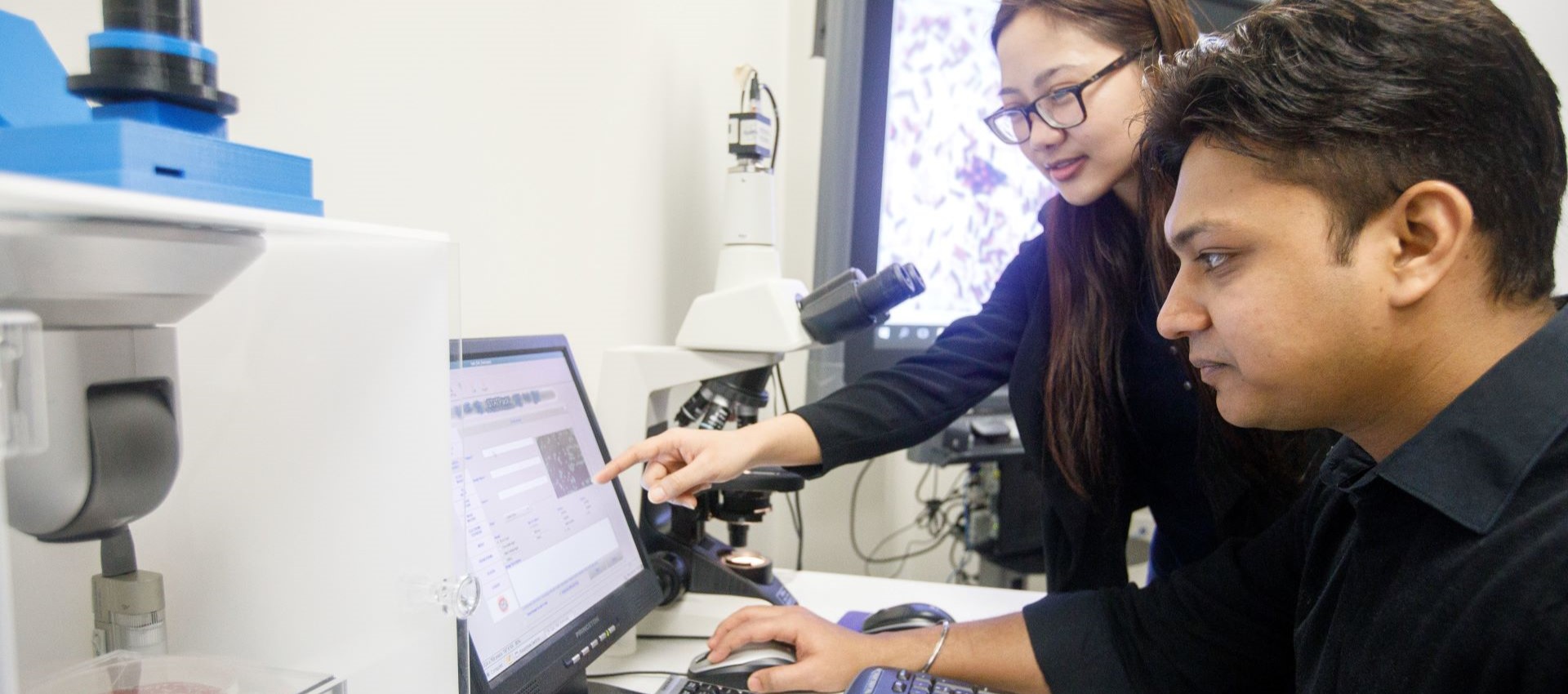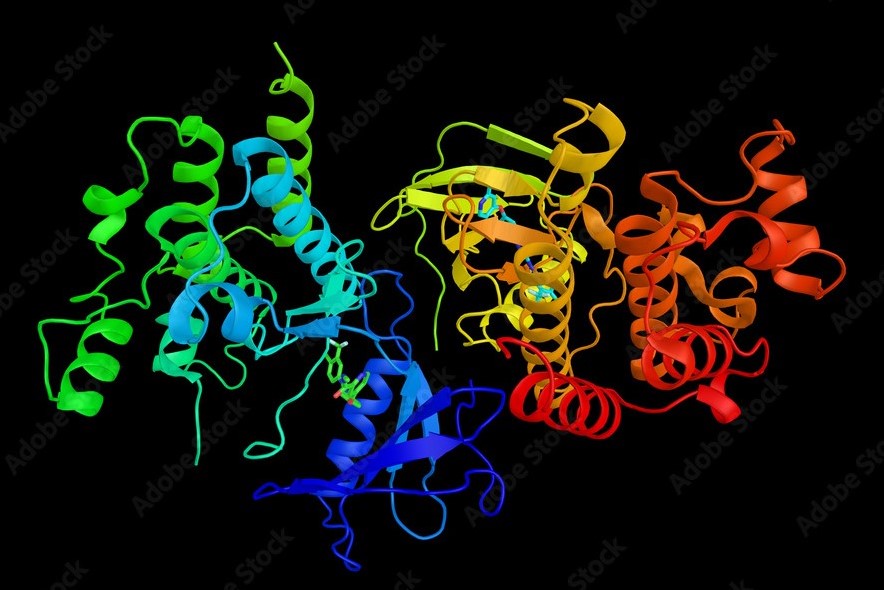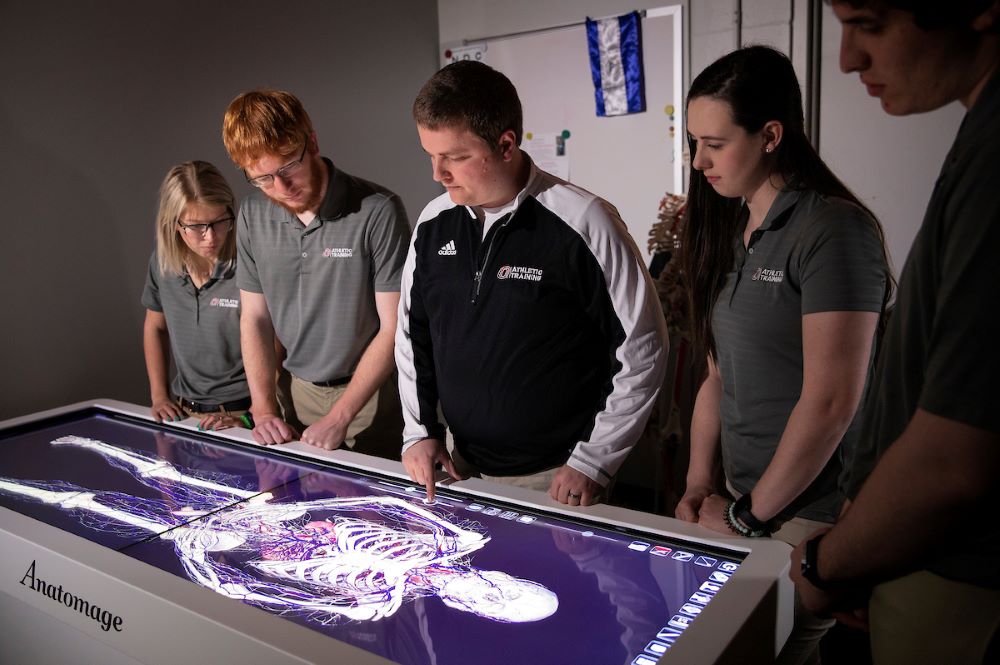
Like what you see?
Let's talk about how you can begin your journey down these exciting career paths.

As the biomedical field increasingly relies on data-driven decision-making and advanced information technology solutions, there is a great need for professionals with expertise in managing, analyzing, and interpreting complex biomedical data. The Biomedical Informatics (BMI) M.S. program will teach you how to apply state-of-the art data science and machine learning approaches in healthcare and biomedicine, equipping you with skills that are essential for basic and translational research and for improving patient outcomes.
average salary for this degree*
increased demand for related careers in the next 10 years**
open jobs in Omaha right now that help improve patient lives***
Our program is geared towards students with a background in biological or computing disciplines, who are ready to expand their knowledge of biomedical informatics and become informaticians in academic, clinical, or organizational settings. The program is also ideal for professionals who are already working in a healthcare domain and want to deepen their understanding of information technology, data analysis, and machine learning in a biomedical context.
You don't have to worry about coming into the program with both a biological background and computing skills, as we have foundation courses that can get you up to speed in the areas that you need to strengthen.
| Career area of focus | Job titles in this area | ||
|---|---|---|---|
| Software Creation | Front-end Developer | Software Engineer | Principal/Lead Software Engineer |
| Analysis | Data Analyst | Data Scientist | Data Analytics Manager |
| Biomedicine | Biomedical Data Technician | Biostatistician | Bioinformatics Researcher |
| Health Informatics | Clinical Research Coordinator | Electronic Health Record (EHR) Data Manager | Chief Information Officer (CIO) in Healthcare |
Students in the BMI M.S. program take a range of courses that cover IT infrastructure and cloud computing, data analysis and visualization techniques, machine learning, advanced bioinformatics and healthcare informatics. Students have two options to graduate from the program: (1) a thesis, which involves two semesters of supervised research with a faculty of their choice, or (2) a semester long team project with the capstone option.
By choosing specific elective courses and tailoring their thesis or capstone project, students can elect to focus on Bioinformatics or Health informatics.
View the Biomedical Informatics Catalog for more specific details.


The Health Informatics accreditor of the College of Information Science and Technology is the Commission on Accreditation for Health Informatics and Information Management Education (CAHIIM). The College’s accreditation for the Master's degree in Biomedical Informatics is currently under review and the MS in BMI has been named as a CAHIIM candidate program. All inquiries about the program’s accreditation status should be directed by mail to CAHIIM, 200 East Randolph Street, Suite 5100, Chicago, IL, 60601; by phone at 312.235.3255; or by email at info@cahiim.org.
Number of Applicants: 18
Newly Admitted students: 12
Newly Enrolled students: 6
Time to completion (average): 2 years
Graduates Employed within 3 months of graduation: 9 out 9

Let's talk about how you can begin your journey down these exciting career paths.
* according to glassdoor
** according to the U.S. Bureau of Labor statistics regarding health informatics
*** posted on Indeed.com